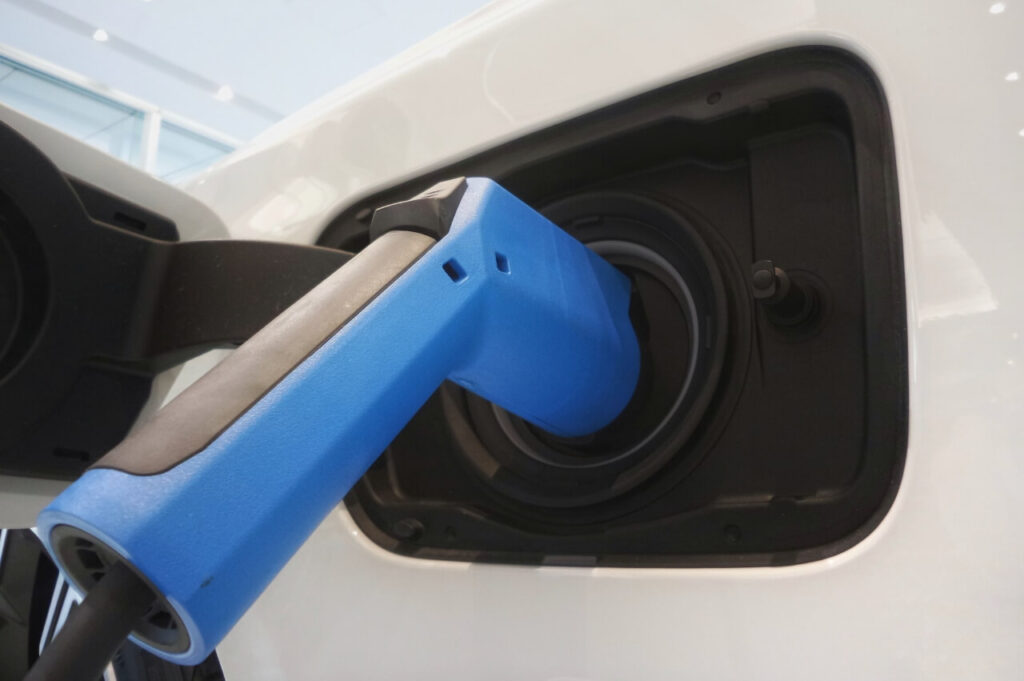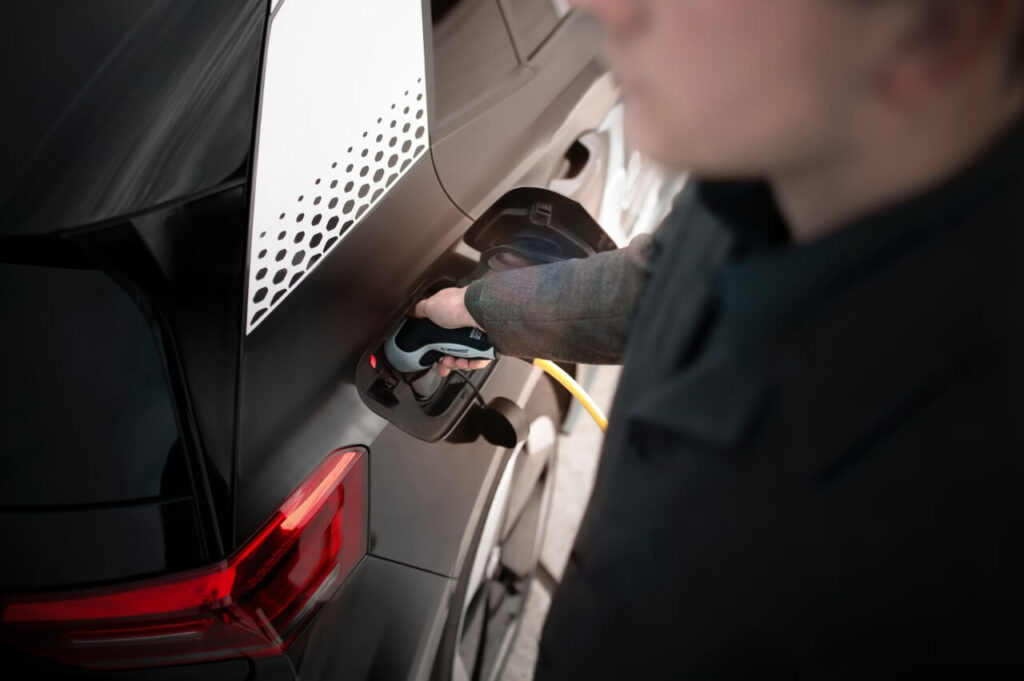
[ad_1]
EV Mythbusting: EVs Aren’t Secure
An Sincere Take a look at Electrical Automobile Security
The subsequent era of autos seems to be turning electrical. These automobiles are higher for the atmosphere, however are they safer for the motive force or others? There are some misconceptions about electrical autos, however right here’s a top level view of why EVs are secure and forestall the actual risks.
The Security of EVs
Although comparatively early in improvement, EVs are usually safer than their inside combustion engine (ICE) counterparts. Fuel-powered automobiles want gas, which is topic to explosions due to its flammability. Alternatively, EVs use lithium-ion batteries—that are additionally flammable—however they have coolant as safety in case they short-circuit.

EVs are additionally safer for homeowners as a result of they don’t require a lot upkeep. These battery-powered automobiles have fewer elements, decreasing the chances that one thing goes improper. For instance, an ICE automobile has almost 2,000 elements within the drivetrain, whereas an EV solely has 20.
EVs supply extra safety for drivers and everybody else on the highway due to their decrease environmental affect. They run on batteries, so there are not any tailpipe emissions. ICE autos generate excessive air pollution ranges, contributing to smog in lots of cities.
The Dangers of EVs
EVs are usually secure autos, however these three components are causes individuals see EVs as harmful. Luckily, there are methods for EV drivers to guard themselves and others round them.
Automobile Washes
Many EVs in the present day have autonomous driving options, which depend on sensors to detect different autos. Taking the self-driving automotive by means of a automotive wash can disrupt visible sensors with leftover cleaning soap. Additionally, the high-powered brushes can knock the calibration off.
One answer is handy wash the automotive to regulate the cleaning soap residue and do mild cleansing.
Electrocution
Working with EVs brings the chance of electrically surprising your self or electrocution. An Institute of Electrical and Digital Engineers research examined the hazards of EVs and electrocution. The voltages of EVs vary from 346 to 800, relying on the automotive. When the automobile crashes, the voltage dips to 60.
The research recommends an strategy with exterior bleeder circuits and inside machine windings. The outcomes discovered sooner discharge occasions—about 5 seconds—than the standard marks within the trade in the present day. Electrocution is just not a grave concern except you actively contact the lithium-ion battery or the orange-coded high-voltage wires. To be secure, solely permit professionals to deal with the battery, particularly if the EV has simply been in an accident.

Lack of Sound
One distinct characteristic of EVs is the shortage of sound. The automobiles are quiet when working on the highway, which is nice as a result of they don’t disturb neighbors, particularly at evening when individuals are attempting to sleep. EVs scale back air air pollution and noise air pollution, serving to the atmosphere.
However a scarcity of noise might be harmful. Pedestrians, cyclists and others depend on a automotive’s sound to know when to get out of the way in which. With EVs, it’s a lot tougher to detect. It may also be burdensome to these with visible issues. Automakers mitigate that drawback with acoustic automobile alert techniques (AVAS). EVs don’t produce a lot sound, so the AVAS simulates a sound as an alert system.
EVs Present Private Safety
Automakers worldwide have made plans to change solely to EVs. This transition is nice for the atmosphere, however it leaves some with questions.
EVs pose risks like every automotive, however their requirements are simply as excessive as any gas-powered automobile. Typically, EVs are safer as a result of they’ve fewer elements and fewer flammability.
[ad_2]